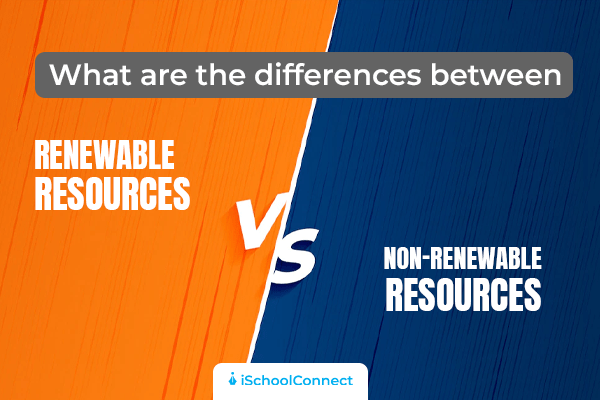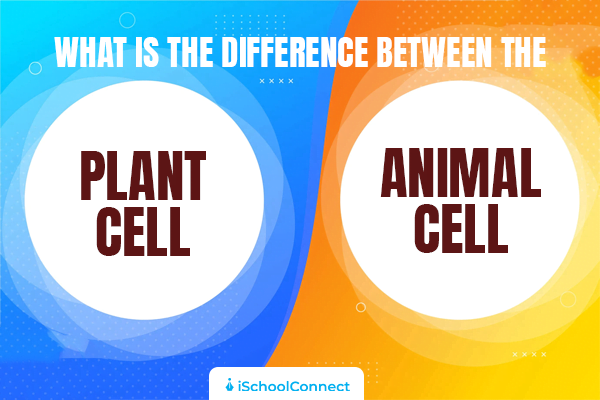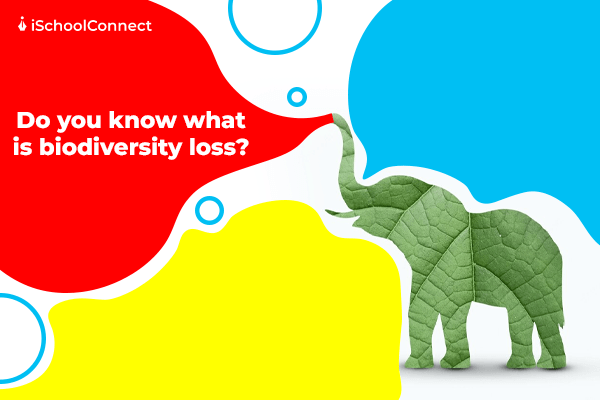Table of Contents
Science and the scientific method are simply ways of describing what is going on in our world. A project will teach you interesting perspectives while also being enjoyable. You may discover new ways while working on your plan. As students conduct research for science fairs, they gain knowledge and practical experience. Here are some science project ideas to help the students with discoveries.
Importance of science projects
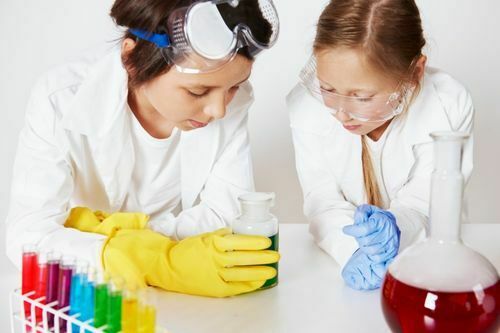
Science is the investigation of facts. At the same time, science is about discovering the world around us, learning new things, and coming up with new and wonderful ideas. Most educators believe that scientific learning in classrooms is false because it contradicts this definition of science. Active, hands-on learning is critical for cultivating scientific understanding in early childhood. And science projects are the best way to accomplish this.
Experiments in science foster discovery and learning. Learning science requires the exploration of new ideas. It is something that teachers are unable to provide to students. Students must discover new ideas and concepts for themselves during their quest for knowledge. Below are some of the essential points of science projects.
Hands-on learning
Science projects are an excellent way to get students out of their textbooks and into the real world. They learn how to apply what they’ve learned to real-world problems.
Developing skills
Science projects require students to apply knowledge from a variety of disciplines. These abilities include reading, critical thinking, writing, math, and computer science. As they work to complete their project by a deadline, the student learns how to budget and organize time and resources. If the student is required to present their final project to others, they will have the opportunity to practice public speaking.
Scholarships and prizes
The science fair project you do for your science class may earn you an ‘A’ and a lovely ribbon. Still, suppose you can take that project to a higher level (such as a regional or state competition in the United States). In that case, one can measure success through a cash prize, recognition, scholarship, educational opportunities, and job offers.
Here are ten science project ideas
The below science project ideas can help you find the perfect idea for your upcoming science fair-
Design a robotic hand
You can modify this project in several ways. Make the robotic model by conducting thorough research following a step-by-step explanation. Alternatively, you can consider ways to improve the design. Can you create a hand capable of picking up a ball? What about one that can pick up a strand of string? There are so many options! Explore as much as you can.
Drop an egg to prove the first law of motion
This experiment appears to be a magic trick based on Newton’s first law of motion. Because of inertia, the egg falls straight into the glass when you strike the pie tin out of the way. (If you don’t want to make a mess, use plastic eggs instead.)
Grow crystals
Bend pipe cleaners into fun shapes and leave them overnight in a Borax solution to grow crystals. This science project idea seems fun and exciting. (Warning- adults should only handle Borax, and children should understand that the result is not candy, even if it appears.)
Measure and compare the lung capacity
This experiment combines math and biology to determine lung capacity using a balloon. While taking these measurements, students can form, document, and investigate a variety of exciting hypotheses.
Fingerprint analysis
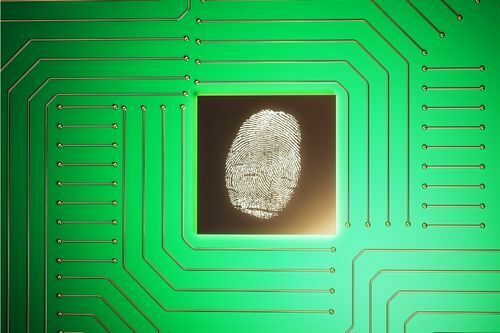
It is a fantastic idea for aspiring forensic scientists. Learn to dust for prints and experiment with ‘fuming’ for more complex surfaces. In the classroom, see if you can compare prints and make accurate matches. You can purchase a fingerprinting kit specifically for children or use household items.
Separate water into hydrogen and oxygen
Use electrolysis to demonstrate that water is indeed composed of hydrogen and oxygen. It’s a simple idea, but it never ceases to amaze anyone.
Lichtenberg figure
Lichtenberg’s figures depict the branching path of electricity as it travels through an object. You can make your own by burning it into wood or acrylic.
Solar oven
To teach kids about solar power and sustainability, build a DIY backyard solar oven. While a solar oven can cook (and gets very hot! ), for food safety reasons, you should avoid solar oven-baked treats and use it for something else, such as melting crayon ends into rainbow crayons.
Instant ice
Give your little scientists Elsa’s powers! While being poured, water can turn into ice. The trick is to freeze water until it’s almost frozen, then pour it over ice in an overturned ceramic bowl. Children can witness the transition between the different states of matter and the formation of ice crystals.
Rube Goldberg machine
Make a machine that can perform a simple task in the most complicated way possible! It is a fun 8th-grade science project that allows you to use a variety of physics concepts. Watch the YouTube videos for an explanation, and learn more about Rube Goldberg machines through those videos.
Key takeaways
- Science projects are an excellent way to study scientific concepts with ease. They also help you develop skills that are necessary for the long run.
- Science project ideas portray the importance of each idea and how it can help you. These projects will increase your knowledge and provide different concepts.
- Extraordinary projects and experiments can lead you to great success. You can win scholarships and even find a good job opportunity.
Did you find this blog informative? If so, please share your thoughts in the comments section below. Click here to contact us for more information on science project ideas. We would be happy to assist you with your queries.
Liked this blog? Read next: Top 4 science experiments of all times
FAQs
Q1. When do we celebrate science day?
Answer- Science day is celebrated on 28th February every year.
Q2. Who is the father of computer science?
Answer- Charles Babbage is often known as the father of computer science.
Q3. When did the World Science Festival start?
Answer- In 2008, Brian Greene co-founded the World Science Festival to bring live and digital science programming to a broad public audience. The annual week-long event in New York attracted over a million and a half people and received over 40 million views online.





